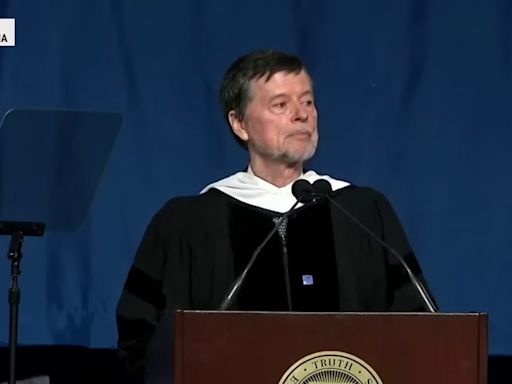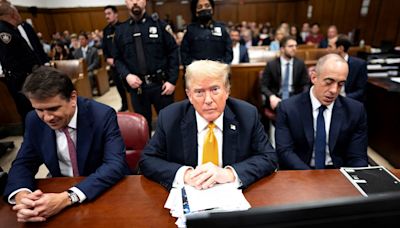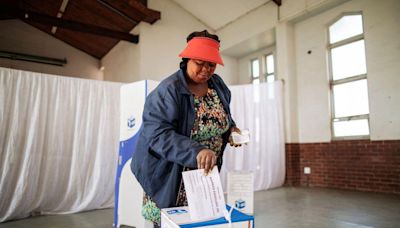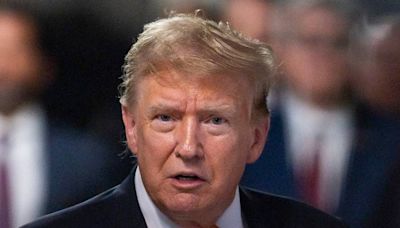Search results
People also ask
What is a democracy and how does it work?
What does democracy mean in Greek?
What are the principles of democracy?
How did democracy become a form of government?
May 6, 2024 · Democracy is a system of government in which laws, policies, leadership, and major undertakings of a state or other polity are directly or indirectly decided by the “people,” a group historically constituted by only a minority of the population (e.g., all free adult males in ancient Athens or all sufficiently propertied adult males in 19th ...
Democracy (from Ancient Greek: δημοκρατία, romanized: dēmokratía, dēmos 'people' and kratos 'rule') is a system of government in which state power is vested in the people or the general population of a state.
Democracy is government in which power and civic responsibility are exercised by all citizens, directly or through their freely elected representatives. Democracy is a set of principles and practices that protect human freedom; it is the institutionalization of freedom.
Jan 29, 2021 · Robert Longley. Published on January 29, 2021. A democracy is a form of government that empowers the people to exercise political control, limits the power of the head of state, provides for the separation of powers between governmental entities, and ensures the protection of natural rights and civil liberties.
- Robert Longley
Jul 25, 2023 · Democracy, which derives from the Greek word "demos," or "people," is defined, basically, as government in which the supreme power is vested in the people. In some forms, democracy can be exercised directly by the people; in large societies, it is by the people through their elected agents.







